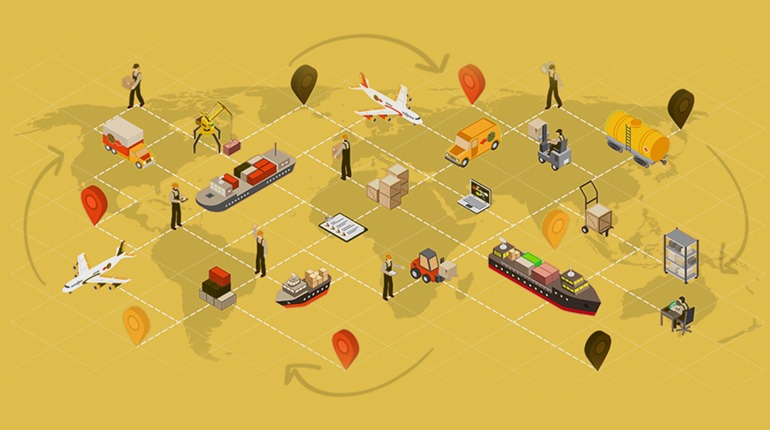
Reverse Logistics: Understand what it is and why it is important
Reverse Logistics is the area of logistics focused on the collection of products (or their packaging) already used, whose objective is the reuse or appropriate disposal of materials and environmental preservation.
According to Law 12.305 / 2010 , which establishes the National Solid Waste Policy, manufacturers, importers, distributors and traders of pesticides, batteries, tires and lubricating oils are obliged to structure and implement reverse logistics systems. waste and packaging, fluorescent lamps, sodium and mercury vapor and mixed light; electronics products and their components.
Reverse logistics is, according to the law, an instrument of economic and social development characterized by a set of actions, procedures and means designed to enable the collection and return of solid waste to the business sector, for reuse, in its cycle or in other productive cycles, or other environmentally appropriate final destination.
Therefore, reverse logistics is vital for society. Some examples of reverse logistics that happen every day are: recycling of PET bottles; return of correspondence; electronics recycling; battery recycling, as well as recycling used lubricating oil.
By implementing this logistics strategy, your company will contribute to an alternative economy that generates new products with waste that would be discarded, in addition to being within the law.